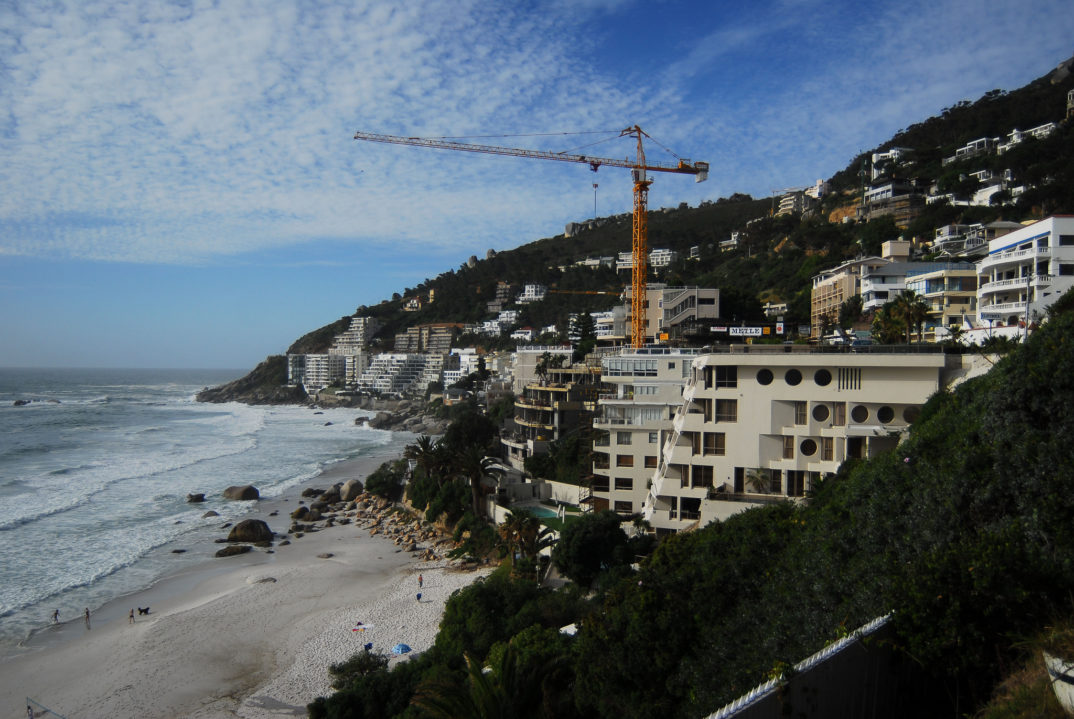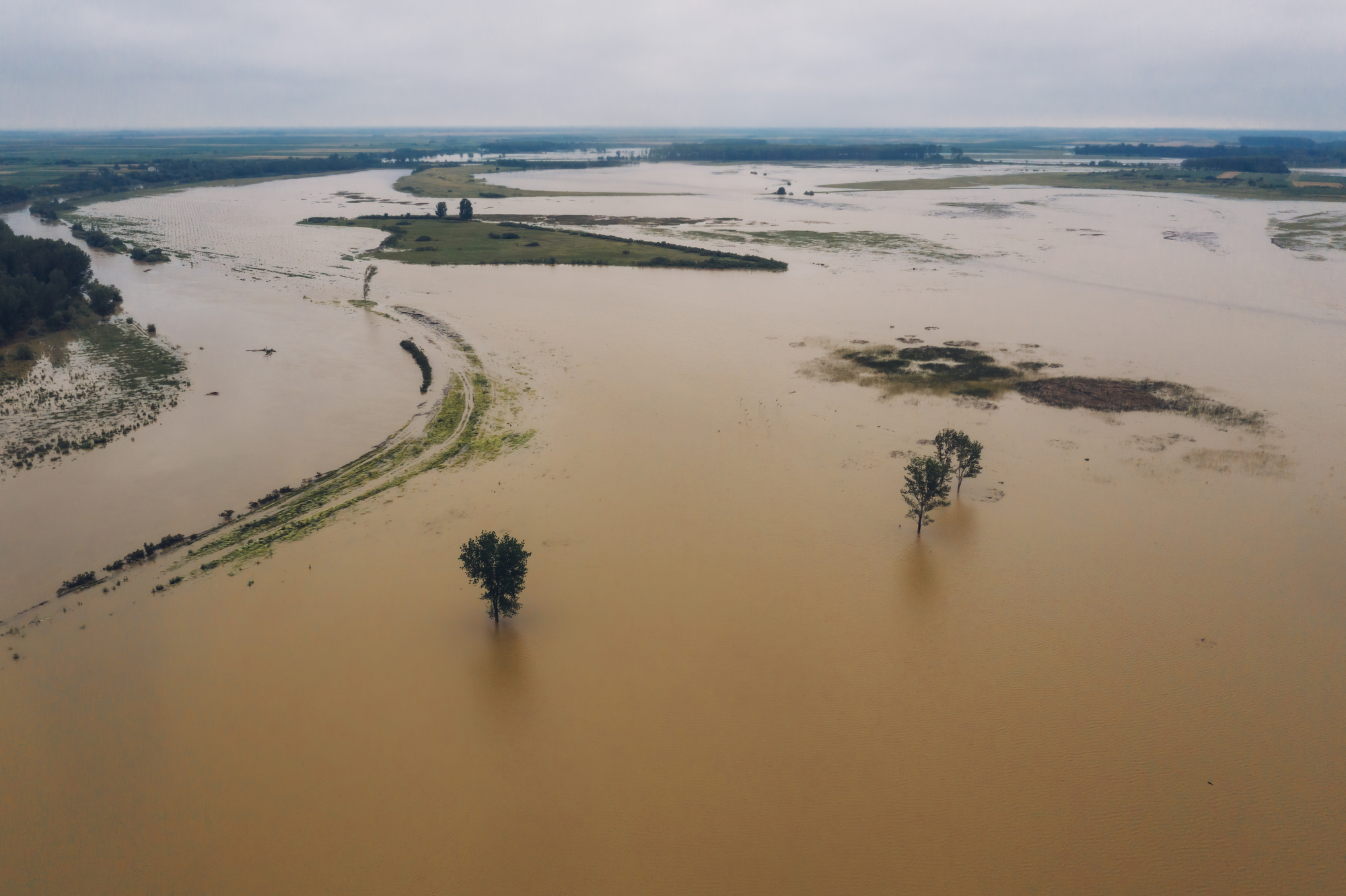Cape Town is Facing Unprecedented Drought. Should Tourists Still Visit?
Cape Town, South Africa is facing the worst drought in over a century. Citizens of Cape Town, South Africa are preparing for “Day Zero,” which is expected to hit the city in April. For decades, the city of Cape Town has been a popular place for tourists to travel to. Cape Town is known for its beaches, wineries, lush gardens, and beautiful coastlines. But after a three-year drought, the city of Cape Town is seriously at risk to become the first major city in the world to lose a significant amount of their water supply. How could it come to this?
This seemingly paradoxical situation has left the city government puzzled. Cape Town has been viewed as one of the world’s top “green” cities and the Democratic Alliance—the party that has controlled Cape Town since 2006—sees sustainability and the environment as a top priority. For years, Cape Town has been warned that the city needs to diversify its water supply. For the most part, the water supply for Cape Town comes from six dams that rely on rainfall, which is risky for a city in an arid region. However, the city of Cape Town has been conscious of the city’s water levels. The city conserved so much water that it postponed looking for alternative water sources.
Sadly, climate models have shown Cape Town to be growing warmer and drier in recent years. No matter how much water conservation the city of Cape Town must do, the severe consequences of a changing climate are bound to affect the city’s water supply.
As Day Zero looms in the near future, is it ethical to travel to Cape Town during a water crisis?
Johannesburg, South Africa and Cape Town, South Africa have been ranked the top places to visit in Africa for four consecutive years. The tourism industry has continued to play a significant role in South Africa’s economy. In 2013, tourism generated 8.66 billion dollars to the city’s GDP.
Some experts argue that tourism could actually help the city of Cape Town during the water crisis. According to Kevin Winter, lead researcher for an urban water group at the University of Cape Town, said, “Better that you come here to the city and contribute to the economy of the city so that it can enable us to deal with the challenges of water infrastructure, of managing our water. We need that income very desperately.”
However, the Cape Town travel experience has changed. Many swimming pools have been filled with saltwater, and spa and steam baths have been removed. Also, visitors have been encouraged to use hand sanitizer and take short showers rather than baths.
The severe water restrictions might be a huge turn off for many travelers. Vacation time for guests are expected to bring about less worry and more relaxation. But with “Day Zero” just around the corner, the new experience in Cape Town will force tourists to be more mindful of their water consumption, a thought that has probably never crossed the mind of a tourist, especially during vacation.
For visitors, the threat of a water crisis may raise a pivotal question: Will a visit waste scarce water local people need? According to Sisa Ntshona, who is a part of the tourism marketing arm of South Africa’s government, tourism is an urgent priority to support South Africa’s economy. It would do more harm than good to limit the amount of tourists to come to the city. However, Sisa Ntshona alerts Cape Town visitors that they should come prepared and help out. Their presence is necessary, but their awareness of the situation is just as important.
However, it is possible that the Cape Town water crisis could be a blessing in disguise. This severe situation may actually help locals and visitors change their relationship with water. Hopefully, in return, visitors will reexamine their consumption of water, and adopt new water conservation practices to use in their daily lives.





